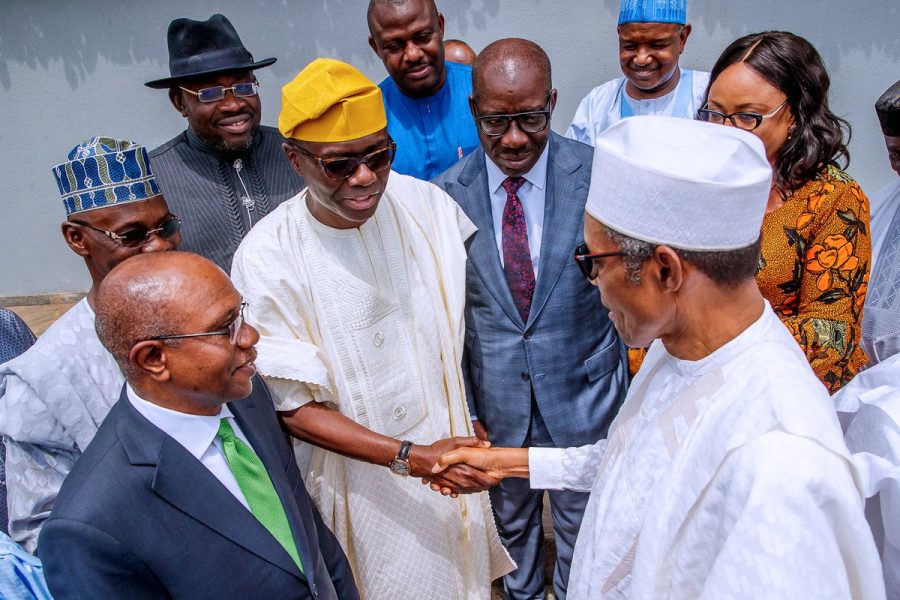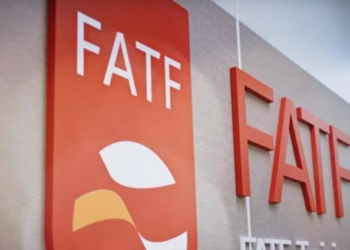Twenty-two (22) states in Nigeria attracted the total sum of $21.14 billion foreign investment between January and October 2019, as investors abandoned others. This is contained in the latest capital importation data published by the Central Bank of Nigeria (CBN).
The data revealed that the 22 states in Nigeria attracted $21.14 billion between January to October 2019, as against $14.21 billion recorded in the same period of 2018. This means foreign investments across the 22 states in Nigeria rose by 48%.
Lagos dwarfs others, as Kwara records huge inflow
The breakdown of foreign investments inflow showed that Lagos State attracted the biggest investment within the period, accounting for 66.9% ($14.16 billion) of the total foreign investment.
- The closest to Lagos State on the chart is Abuja. The Federal Capital Territory attracted $5.6 billion foreign investment inflow within the period.
- Kwara state ranked third on the list, recording an accumulated $1.14 billion foreign investment. It should be noted that Kwara attracted $1.14 billion foreign investments in October 2019, and this pushed the state to rank among the top three.
- Other states that made the top 10 states with the biggest foreign investment inflows include Abia ($93.5 million), Adamawa ($25 million), Benue ($25 million), Cross River ($25 million), Ogun ($14 million), Kaduna ($4.47 million) and Oyo ($3.74 million).

[READ MORE: Foreign investors dump 29 states in Q3)
Investors abandoned 15 states
Foreign investment inflows into Nigeria spread across 22 states (plus FCT). Despite the huge inflow of foreign investments across major states in the country, 15 states suffered a huge blow, as the investors abandoned them.
- As earlier published on Nairametrics, in the second quarter of 2019 only, most states that received foreign investments in the first quarter of 2019, were badly hit with zero foreign investments.
- Analysis of the data shows that Delta, Akwa Ibom, Bauchi, Rivers, Benue, Sokoto, Bayelsa, Osun, Ekiti, Zamfara, Gombe, Ebonyi, Plateau, Yobe, and Kebbi were abandoned by foreign investors within the period under review as they recorded zero foreign capital.
What it means:
The rise in the foreign investment inflow across states means the amount of foreign capital that investors brought into the Nigerian economy between January and October 2019 rose significantly.
- This means the sentiment of foreign investment in some states in Nigeria improved and this is good for the economies of the states.
- Although the capital importation report still shows a worrying trend as the foreign direct investment inflows into the economy dropped further, and this is not good for the economy.
- Meanwhile, as the states continue to lose out on foreign investments, it suggests a downturn in their economy. This may spur unemployment rates and low economic activities across the country.


















